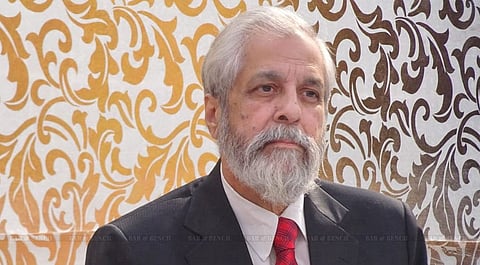
- News
- Columns
- Interviews
- Law Firms
- Apprentice Lawyer
- Legal Jobs
- हिंदी
- ಕನ್ನಡ

The Juvenile Justice (Care and Protection of Children) Act, 2015 (Juvenile Justice Act) is hailed as a very good legislation but we are unable to implement it effectively, Justice Madan Lokur, retired Judge of the Supreme Court said on Saturday.